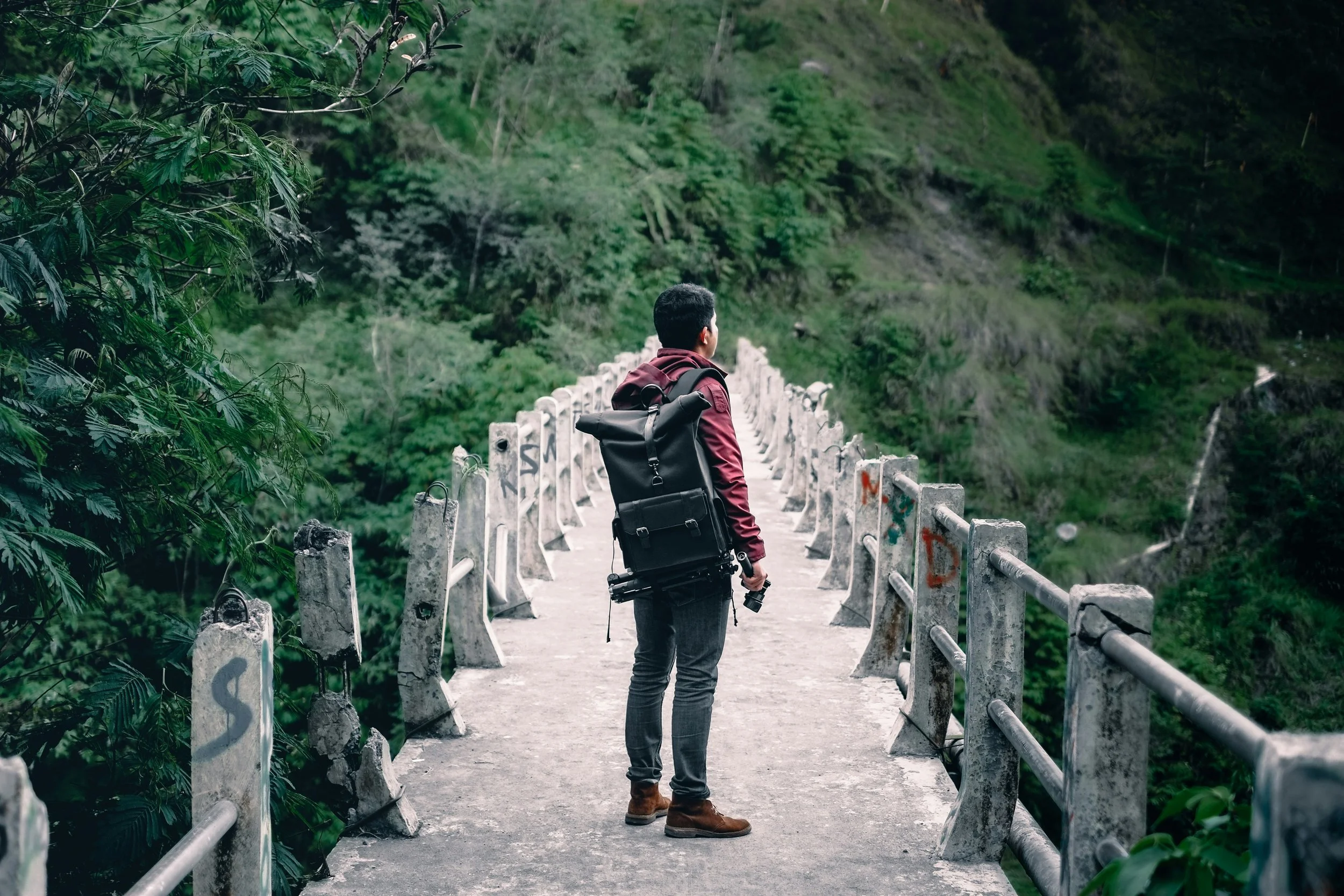How to Protect Yourself From Illness While Exploring New Destinations
Traveling to new destinations is exciting, offering the opportunity to experience different cultures, cuisines, and landscapes. However, exposure to unfamiliar environments, climates, and food can increase the risk of illness. From mild stomach issues to more serious infections, staying healthy while traveling requires planning, awareness, and proactive measures. This guide provides comprehensive strategies to safeguard your health during your adventures.
Prepare With Travel-Specific Health Coverage
Unexpected medical expenses can quickly become a major burden while traveling. To protect yourself, consider specialized travel coverage. For example, medical only travel insurance provides protection for medical emergencies, including hospital visits, doctor consultations, and emergency medical evacuations while abroad. Having this coverage ensures that if you do become ill, you can access treatment without worrying about high costs, allowing you to focus on recovery and enjoying your trip.
Reviewing the details of your insurance policy in advance, such as coverage limits and excluded conditions, ensures you know exactly what protection you have before you travel.
Practice Rigorous Hand and Personal Hygiene
Maintaining proper hygiene is essential to reduce exposure to germs and bacteria in unfamiliar environments. Key practices include:
Regularly washing hands with soap and water, particularly before eating
Using hand sanitizer when soap and water are unavailable
Avoiding touching your eyes, nose, and mouth with unwashed hands
Consistent hygiene practices help prevent the spread of common illnesses such as colds, flu, and gastrointestinal infections.
Stay Up-to-Date With Vaccinations and Preventive Care
Vaccinations are a critical part of travel health preparation. Consult a travel medicine specialist to determine which vaccines are recommended for your destination. Common travel vaccines include:
Hepatitis A and B
Typhoid
Yellow fever
Influenza
COVID-19 booster, if required
Carrying proof of vaccination is sometimes mandatory for entry into specific countries. Vaccinations not only protect your health but also reduce the risk of travel disruptions due to illness.
Make Safe Food and Water Choices
Foodborne illness is a common challenge for travelers. Strategies to minimize risk include:
Drinking bottled or filtered water, especially in areas with uncertain sanitation
Avoiding ice cubes made from tap water
Eating fully cooked meals and avoiding raw seafood or undercooked meats
Washing or peeling fruits and vegetables when possible
Being vigilant about what you consume can prevent gastrointestinal issues and keep your travel plans on track.
Protect Yourself From Insect-Borne Illnesses
Certain destinations carry risks of vector-borne diseases like malaria, dengue, or the Zika virus. Preventive measures include:
Using insect repellents containing DEET or picaridin
Wearing long-sleeved clothing and light-colored fabrics during peak mosquito hours
Sleeping under mosquito nets in high-risk regions
Taking preventive medications when recommended
Proactive protection against insects is an effective way to avoid illnesses that can significantly impact your trip.
Maintain Personal Health and Immunity
Maintaining overall health helps reduce susceptibility to illness. Consider the following:
Stay hydrated, particularly in hot or high-altitude environments
Prioritize rest to combat jet lag and travel fatigue
Eat balanced meals with fruits, vegetables, and proteins
Engage in moderate physical activity to maintain energy and circulation
A healthy body is more resilient when facing new environments, foods, and climates.
Avoid High-Risk Areas and Activities
Some locations or activities carry a higher risk of illness or injury. Research ahead to identify:
Areas with recent disease outbreaks
Unsafe water sources or beaches
Adventure activities with higher injury risk
Being informed allows you to make safer choices without restricting your experiences.
Exercise Caution During Social Interactions
Socializing is an essential part of travel, but it may expose you to contagious illnesses. Precautions include:
Avoiding close contact with people showing signs of illness
Practicing hand hygiene after touching shared surfaces
Maintaining physical distance in crowded areas when necessary
Mindful interactions help you enjoy cultural immersion safely.
Carry a Travel Health Kit
A travel health kit ensures you are prepared for minor illnesses or injuries. Include:
Prescription medications and copies of prescriptions
Over-the-counter medications for fever, pain, or digestive issues
Antiseptics, bandages, and first aid supplies
Thermometer and hydration solutions
Travel-sized hand sanitizer and wipes
Having these essentials on hand reduces the need for costly or inconvenient purchases abroad.
Recognize Symptoms and Seek Medical Care Promptly
Even with precautions, illness can occur. Early recognition and treatment are crucial:
Persistent fever, severe stomach upset, or dehydration
Shortness of breath or chest discomfort
Injuries requiring professional care
Rapidly worsening symptoms
Identify nearby medical facilities before traveling and carry insurance information for quick access. Early intervention prevents complications and additional expenses.
Use Technology to Access Health Resources
Apps and online tools can help you manage health risks while traveling:
Local health advisory apps to track outbreaks
Hospital locator apps for emergencies
Translation apps to communicate symptoms abroad
Digital storage of medical records, prescriptions, and insurance documents
Technology ensures timely access to care and guidance, even in unfamiliar environments.
Learn From Experience for Future Trips
Each trip offers lessons to improve travel health:
Monitor and record any health issues experienced abroad
Update vaccinations and review insurance coverage regularly
Keep essential medications, kits, and emergency funds ready
Maintain a consistent health-conscious routine while traveling
Applying these lessons ensures safer and healthier travel experiences over time.
Conclusion
Exploring new destinations should be enjoyable, not disrupted by illness. By securing the right coverage, practicing proper hygiene, staying vaccinated, making safe food choices, and maintaining personal wellness, you can significantly reduce your risk of falling ill.
Combining these precautions with early medical intervention, technology support, and lessons learned from past travel ensures your trips remain safe, memorable, and healthy. Planning ahead empowers you to explore the world with confidence while protecting your well-being.

